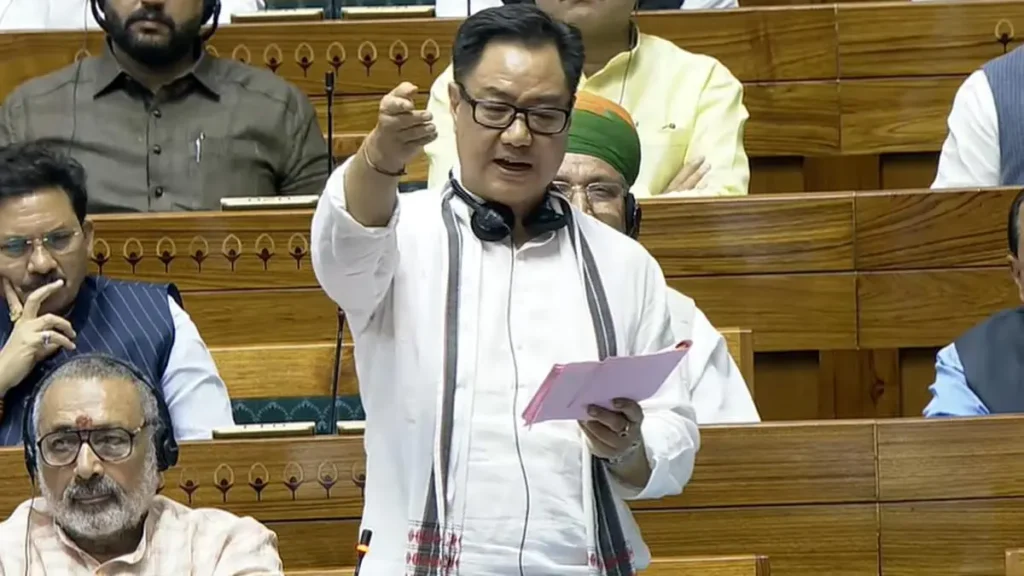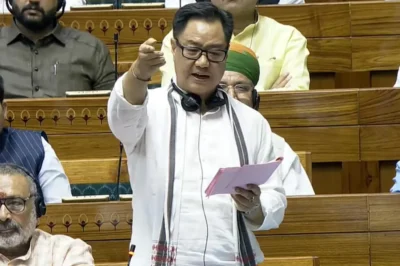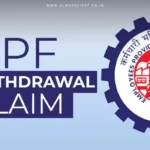
The controversial Waqf (Amendment) Bill is set to be debated in the Lok Sabha today, with the Rajya Sabha scheduled to take it up the following day. The bill, which aims to make significant changes to the management of Waqf properties in India, has generated intense political debate. On one side, the BJP-led National Democratic Alliance (NDA) is pushing for the bill’s passage, while the opposition parties have united in opposition, claiming the bill to be unconstitutional. With a comfortable majority in the Lok Sabha, the NDA has issued whips to its MPs, ensuring strong support for the bill’s passage. Several key allies of the NDA, including the Telugu Desam Party (TDP), Janata Dal (United) [JD(U)], Shiv Sena, and LJP (Ram Vilas), have also directed their members to back the government. While some of these allies had reservations earlier, sources suggest that their stance has softened following changes made by the Parliamentary Committee that incorporated their suggestions.
Tejasvi Surya Explains Removal of Section 40
A key part of the debate centers around Section 40 of the Waqf Act, which BJP MP Tejasvi Surya explained in detail. Surya argued that Section 40, which dealt with Waqf by User and Oral Waqf, gave the Waqf Board excessive power to seize land. This provision, according to Surya, allowed the Waqf Board to claim any land it wished, forcing aggrieved parties to approach a Waqf Tribunal. The problem, he said, was that the Waqf Tribunal functioned like a “kangaroo court” with no right of appeal. Furthermore, the Limitation Act, which applied to other legal disputes, did not apply to the Waqf Board. This allowed the board to initiate claims even after hundreds of years. Surya painted a vivid picture of the previous Waqf system as a “Frankenstein Monster” where the Waqf Board held unchecked power over the judiciary, legislature, and executive, without any separation of powers.
Amit Shah’s Reassurance to Muslims
Union Home Minister Amit Shah addressed concerns raised by the opposition, particularly those related to non Muslims being involved in Waqf affairs. Shah strongly reassured the Muslim community, stating that no non Muslim would have any role in the religious functions of Waqf properties under the new law. He clarified that the amendments were not aimed at interfering with religious activities, but rather at curbing the misuse of Waqf properties. Shah emphasized that the Waqf Board’s role would be to protect these properties from being sold off or misused. He pointed out that the income generated from Waqf properties, which was supposed to support minority development, was being misappropriated. The aim of the amendment, he said, was to ensure that such property is used for its intended purpose and that the board works to stop any illegal leasing or selling of Waqf assets.
Amit Shah Defends Inclusion of Non-Muslims in Administrative Roles
The inclusion of non-Muslim members in the Waqf Board has been one of the most controversial aspects of the bill. While opposition parties have raised concerns about this, Shah defended the decision, clarifying the role that non-Muslims would play in the Waqf administration. He explained that non-Muslims would only serve in an administrative capacity, overseeing the management of Waqf properties. Their duties would be strictly limited to ensuring that the properties were managed according to the law and that they were used in line with the intent of the original donation. Shah emphasized that non-Muslim members would not be involved in any religious activities related to the Waqf properties, thus ensuring that the administration of the properties remains in line with their original religious intent.
Political and Legal Implications of the Bill
The Waqf Amendment Bill has not only sparked debate in Parliament but has also raised questions about its legal implications. The opposition parties argue that the bill undermines the constitutional principle of secularism, as it allows non-Muslims to hold administrative positions in Waqf Boards that manage Muslim religious properties. They claim this could lead to interference in religious matters, despite the government’s reassurances. On the other hand, the NDA argues that the bill is essential for the proper management and accountability of Waqf properties, and that it aims to prevent misuse and corruption within the system. The bill has already sparked protests and legal challenges from various groups, and its passage could have far-reaching consequences for the way religious trusts and properties are managed in India.
Conclusion: A Divisive and Pivotal Legislation
As the Lok Sabha prepares to debate the Waqf (Amendment) Bill, it is clear that this piece of legislation has stirred up significant political and legal controversy. While the NDA pushes for the bill’s passage, hoping to bring greater accountability to the Waqf system, the opposition remains skeptical, questioning its constitutionality and its potential to infringe upon religious freedoms. The debate in Parliament promises to be heated, and the outcome of the vote will determine the future of Waqf property management in India. With both sides firmly entrenched in their positions, the passage of this bill could mark a turning point in India’s approach to religious property administration, and its broader implications on secularism and governance will likely continue to reverberate across the political landscape.









































Leave a Reply